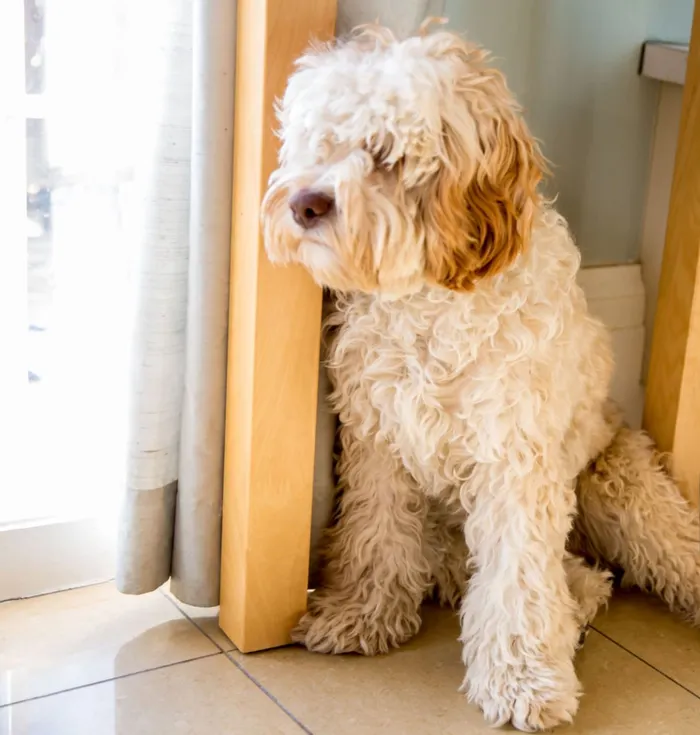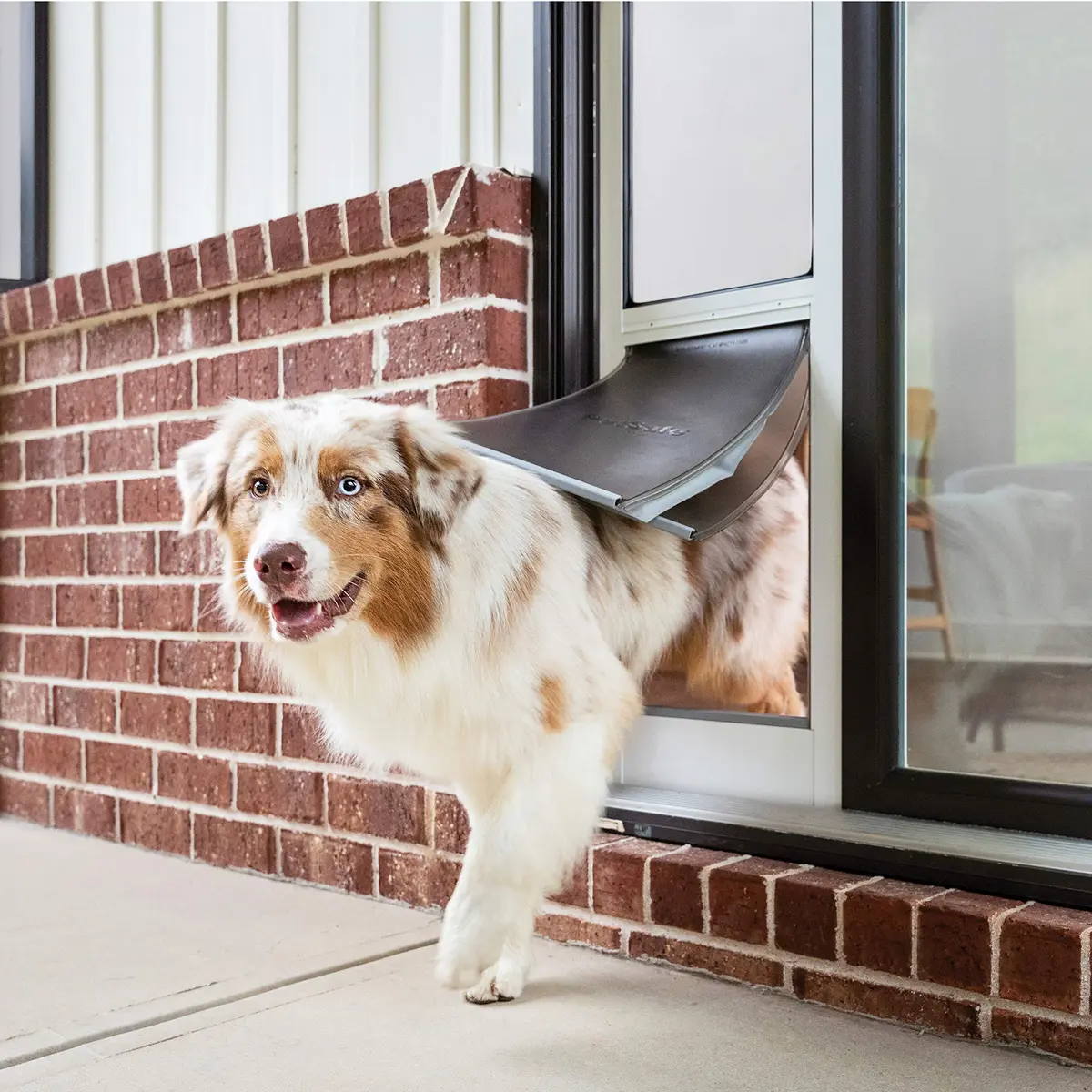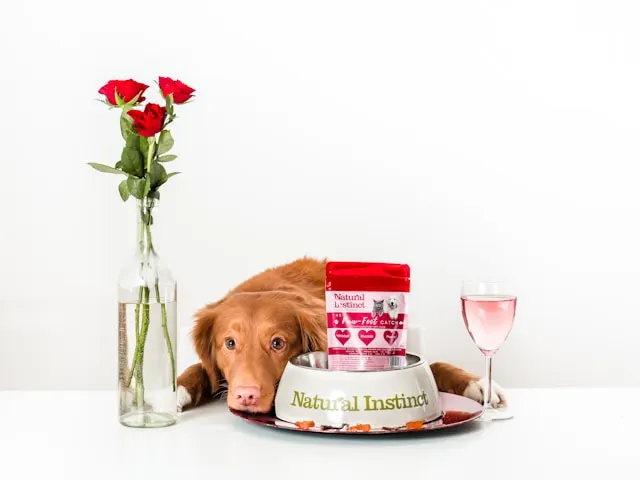If you’re a dog owner, you may have heard about the need to have your dog’s anal glands expressed, but you’re likely wondering: why is this necessary? While it might not be the most pleasant topic, it’s an important aspect of your dog’s health. Knowing when, why, and how to express your dog’s anal glands can prevent discomfort and avoid potential complications.
Let’s dive into the details in a friendly, eco-conscious way—keeping both your dog’s well-being and the planet in mind.
What Are Anal Glands and Why Do Dogs Have Them?
Dogs have two small sacs located on either side of their anus, called anal glands or anal sacs. These glands produce a strong-smelling liquid that dogs use to mark their territory and communicate with other dogs. When a dog poops, the pressure usually causes these glands to express naturally, releasing their scent along with the stool. It’s nature’s way of letting other dogs know “I was here!”
However, sometimes these glands don’t express naturally, which can lead to discomfort, infection, or even abscesses. This is when a little human intervention might be needed.
Why Do Some Dogs Need Their Anal Glands Expressed?
For some dogs, their anal glands don’t function as they should, meaning they aren’t able to express naturally during bowel movements. Several factors can contribute to this problem:
- Diet and stool consistency: Soft stool doesn’t provide enough pressure to naturally express the glands. A diet lacking fiber can cause stools to be too soft.
- Breed predisposition: Some breeds, especially smaller ones like Chihuahuas, Cocker Spaniels, and Poodles, are more prone to anal gland issues.
- Obesity: Overweight dogs can have more difficulty with natural expression due to fat surrounding the glands.
Signs Your Dog Needs Anal Gland Expression
It’s not always obvious when your dog needs help with their anal glands, but here are some common signs to watch out for:
- Scooting: If your dog drags their rear end along the floor, they may be trying to relieve the pressure in their glands.
- Licking or biting at the rear: Constant licking or nibbling around the anus could signal discomfort.
- Strong odor: A particularly strong fishy smell can indicate that the glands are full and need attention.
- Swelling near the anus: In more severe cases, swollen, irritated, or red tissue near the rear end could mean the glands are impacted or infected.
If your dog is showing any of these signs, it’s time to consider having their glands checked or expressed by a vet.
How to Express a Dog’s Anal Glands
While some dog owners feel comfortable expressing their dog’s glands at home, it’s generally recommended to let your vet or groomer handle it, especially if it’s your first time.
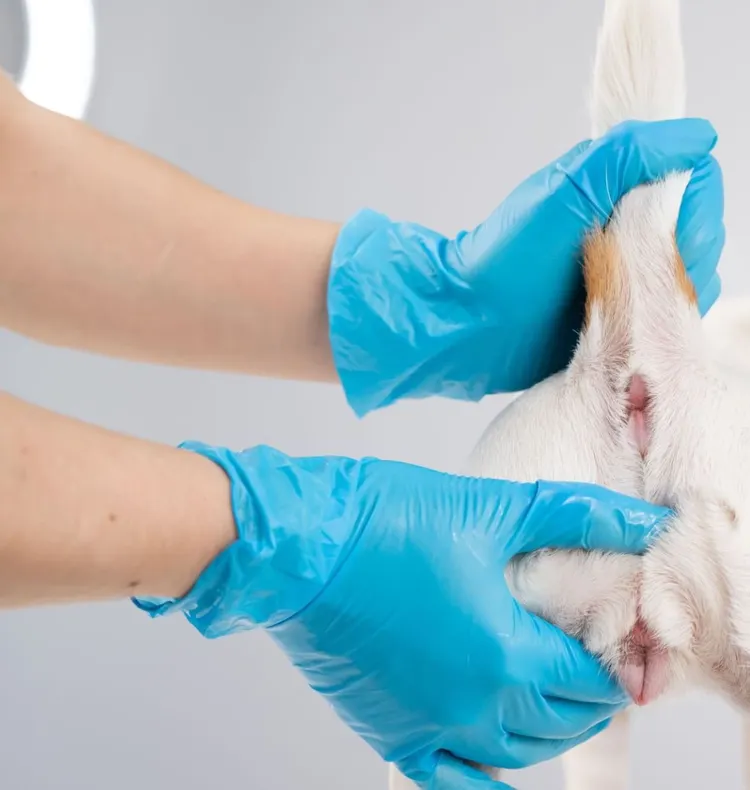
For those feeling brave and eco-conscious, here’s a step-by-step guide to doing it at home:
- Materials You’ll Need:
- Gloves (preferably biodegradable)
- Eco-friendly paper towels or reusable wipes
- Natural dog-safe disinfectant or wash for cleaning afterward
- Steps:
- Put on gloves.
- Lift your dog’s tail gently but firmly.
- Locate the glands by feeling for two small pea-sized bumps near the 4 and 8 o’clock positions around the anus.
- Place a paper towel or reusable wipe over the area to catch any liquid.
- Gently press upward and inward with your thumb and index finger.
- Be ready! A strong-smelling liquid will be expressed.
- Clean Up:
- Use eco-friendly wipes or paper towels to clean the area.
- Wash your dog’s rear with a natural dog shampoo to remove any lingering odors.
Eco-Friendly Tips for Anal Gland Expression
You’re here because you care not just about your dog’s health but also the environment. Here are some eco-conscious tips to make this experience as green as possible:
- Use Biodegradable Gloves: Disposable gloves are often made of plastic, but you can opt for biodegradable ones that break down naturally without harming the environment.
- Reusable Towels or Cloths: Instead of single-use paper towels, consider using reusable cloths that you can wash and use again. Choose ones made from organic cotton or other sustainable materials.
- Natural Cleaners: After expressing your dog’s glands, it’s important to clean the area with gentle, natural products. Opt for an organic, chemical-free dog shampoo, or make your own using a mix of castile soap, water, and a drop of lavender oil.
Preventing Anal Gland Issues Naturally
Prevention is always better than cure, and with some simple changes to your dog’s diet and lifestyle, you can often avoid the need for frequent gland expressions.
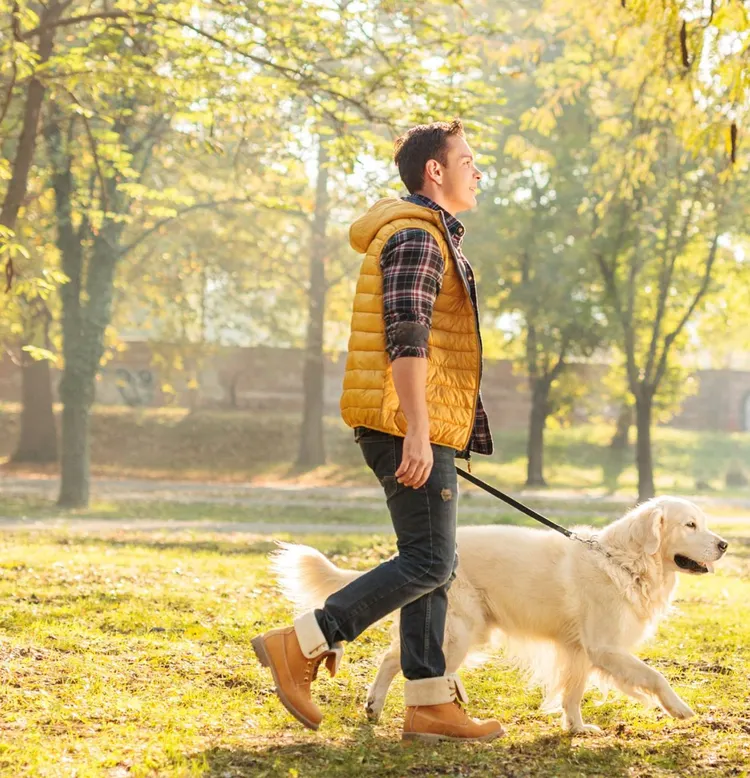
Increase Fiber in Their Diet
Feeding your dog a diet rich in fiber can help keep their stools firm, which aids in natural gland expression. Adding pumpkin or sweet potato to their food is a great, eco-friendly way to boost fiber intake.
Encourage Exercise
Exercise helps keep your dog’s weight in check, which can prevent gland issues, especially in overweight pets. Daily walks or play sessions are not just good for gland health but for their overall well-being.
Hydration is Key
Ensure your dog is drinking enough water. Proper hydration helps maintain healthy digestion and firm stools, contributing to natural gland expression.
Regular Vet Check-ups
Even if you prefer a DIY approach, regular check-ups with your vet are still essential to catch any issues early on. Your vet can provide guidance on whether your dog needs manual expression or not.
When to See the Vet
If you notice blood, pus, or extreme discomfort in your dog, it’s time to consult a veterinarian immediately. These signs could indicate an infection or abscess that needs professional treatment. In these cases, never attempt to express the glands at home, as this could worsen the problem.
Final Thoughts
Understanding why dogs need their anal glands expressed and how to manage this naturally and safely is a key part of being a responsible, eco-friendly pet owner. By keeping your dog’s health in check and following some of these sustainable practices, you can ensure that both your pet and the environment are well cared for.
Hey there, fellow eco-conscious dog lover! Want more pawsome tips on keeping your pet healthy AND saving the planet? Subscribe to our newsletter! We promise it’s full of tail-wagging content (and no weird spam—because we hate that too).

